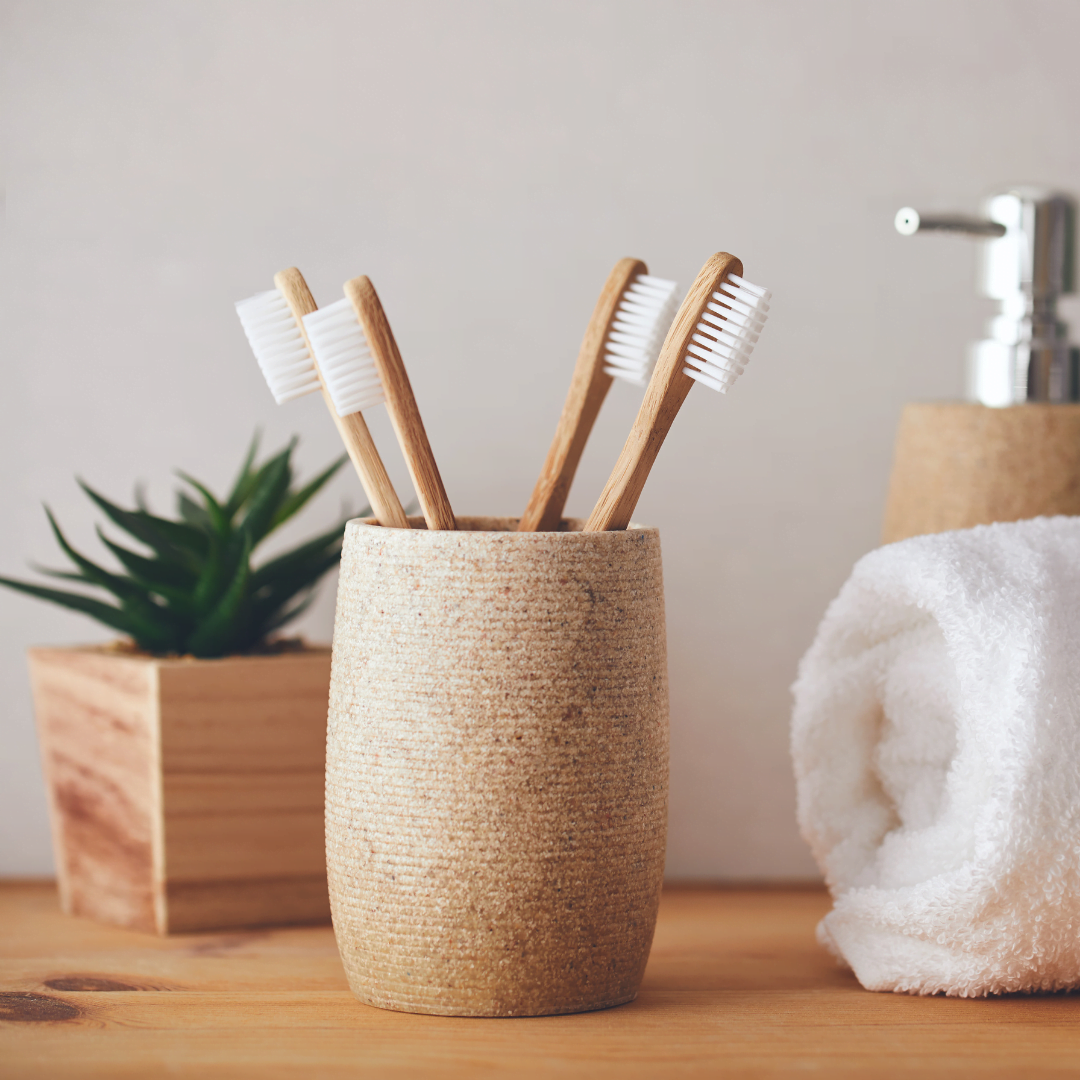
Treatment of bad breath
Bad breath is also called "halitosis". Even though it is a relatively minor health problem, bad breath can be annoying and a real social handicap, with a heavy impact on your self-confidence. Unpleasant smelling breath can be a sign of a wider health problem, but a healthy person can also have bad breath, so you should consult a specialist.
Halitosis has a simple diagnosis and can even be done by the patient themselves by licking your finger and smelling it. If it is persistent you should consult a dentist who will be able to evaluate the smell of your mouth and nose on a scale. Your dentist will be able to scrape the back of your tongue, which is often the source of the odour, in order to make an assessment.
Causes of halitosis
One of the most common causes is directly linked to the food you eat. For example, certain types of fish, certain spices, onions, garlic, diets that are too rich in fat can be the reason for this unpleasant smell. In addition, saliva and bacteria naturally present in the mouth break down small pieces of food that may get stuck between the teeth and this releases volatile substances or chemicals that therefore cause bad breath.
Another common reason is lack of oral hygiene. Teeth should be brushed daily and properly. Flossing is recommended to properly remove food particles stuck between the teeth that can be the source of bad breath. A dental cleaning appointment, or scaling, should be done every 6 months. This is because tartar contains bacteria that can irritate the gums and lead to disease. The mild form of gum disease is called gingivitis; if left untreated, it can progress to periodontitis.
Smokers are more likely to suffer from halitosis. Smoking causes a decrease in saliva production, dry mouth and unpleasant breath.
Several health problems can also be the cause: we can mention throat infections, flu, colds, thrush, bronchitis, sore throats, but also diabetes, acid reflux or stomach and digestive problems. Diabetes, sleep apnea, kidney or liver disease can also cause bad breath.
What are the possible treatments?
The treatment will obviously depend on the cause of the problem. In order to understand it, you will need to consult your doctor and/or dentist.
Your doctor will ask you a series of questions, including:
- How long have you noticed your bad breath?
- Do you have any health problems?
- Do you have any allergies or sinus problems?
- Do you have sleeping problems or do you snore?
- What is your oral hygiene routine and do you floss?
- What is your diet?
Finally, it is important to check with your health care provider to see if the cause is related to a medication. It is therefore essential to be explicit about any medication you are taking and to be transparent about your lifestyle and routine.
If the cause is a dental hygiene problem, then your healthcare professional will advise you on what to do: this may include a mouthwash and toothpaste tailored to your needs. For example, if the bad breath is due to plaque build-up, an antibacterial mouthwash will be prescribed. The consultation may also include a scaling or dental cleaning appointment.
If the cause is dental disease, such as gum disease, then you will be referred to a specialist called a periodontist (a dentist specialised in the prevention, diagnosis and treatment of diseases that can affect the supporting tissues of the gums and teeth). Your dentist may also recommend that you have faulty dental restorations replaced, as they provide a breeding ground for bacteria.
Good habits to adopt
When suffering from halitosis, it is important to maintain good dental and lifestyle hygiene. Here are a few tips to reduce the unpleasant odours:
- Floss your teeth and carry your toothbrush with you at all times.
- Change your toothbrush every three months.
- Schedule a dental cleaning and examination every 6 months.
- Drink enough water, staying hydrated can help reduce bad breath.
- Eat a varied and balanced diet: include yoghurts that contain healthy bacteria, citrus fruits, green tea that healthy bacteria, citrus fruits, green tea which contains disinfectant disinfecting properties, or parsley, mint and apples.
- Stop smoking. We can't say it enough, but the damage caused by tobacco to the gums and teeth is numerous and devastating.
Leave a Comment
(0 Comments)